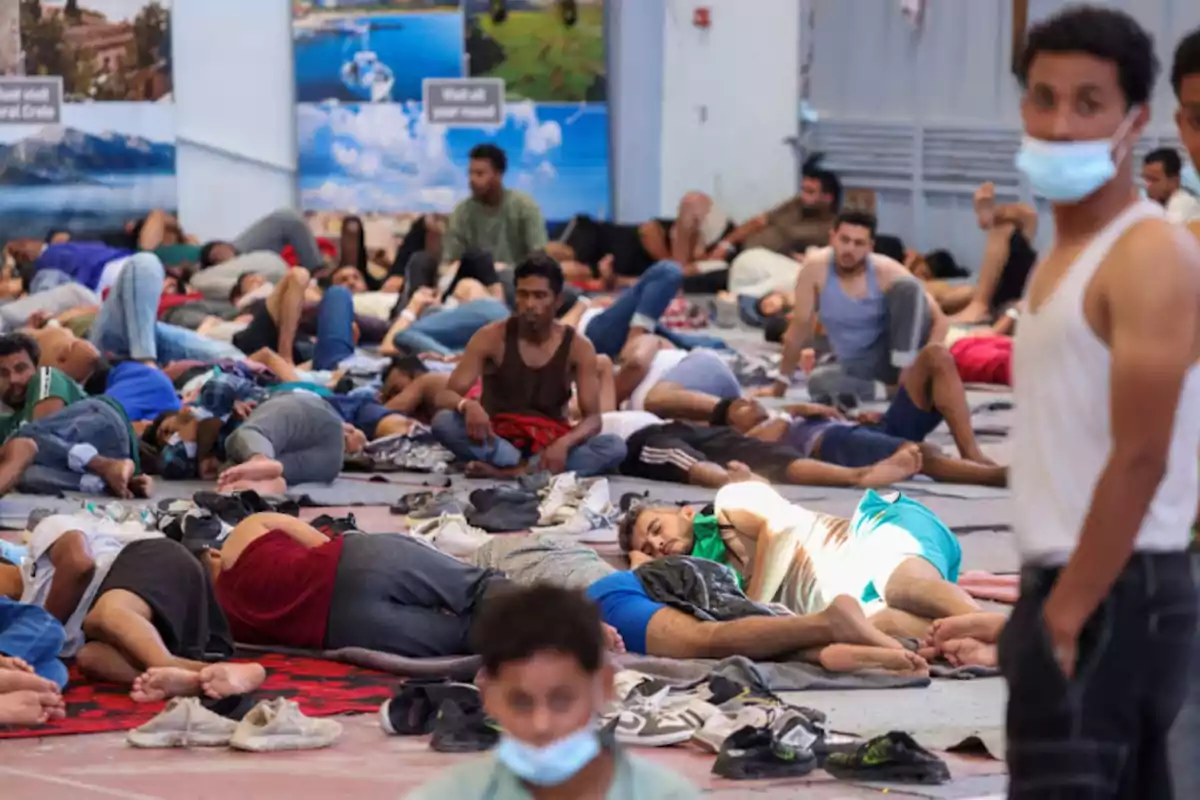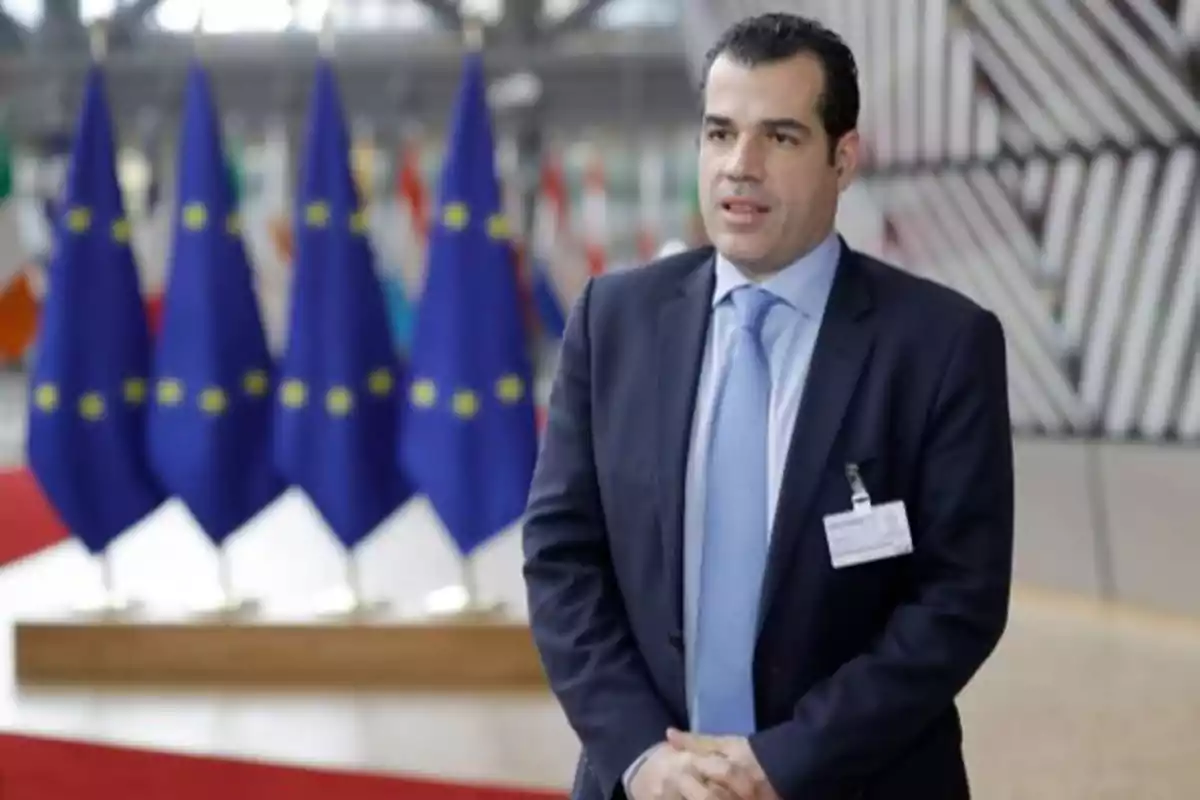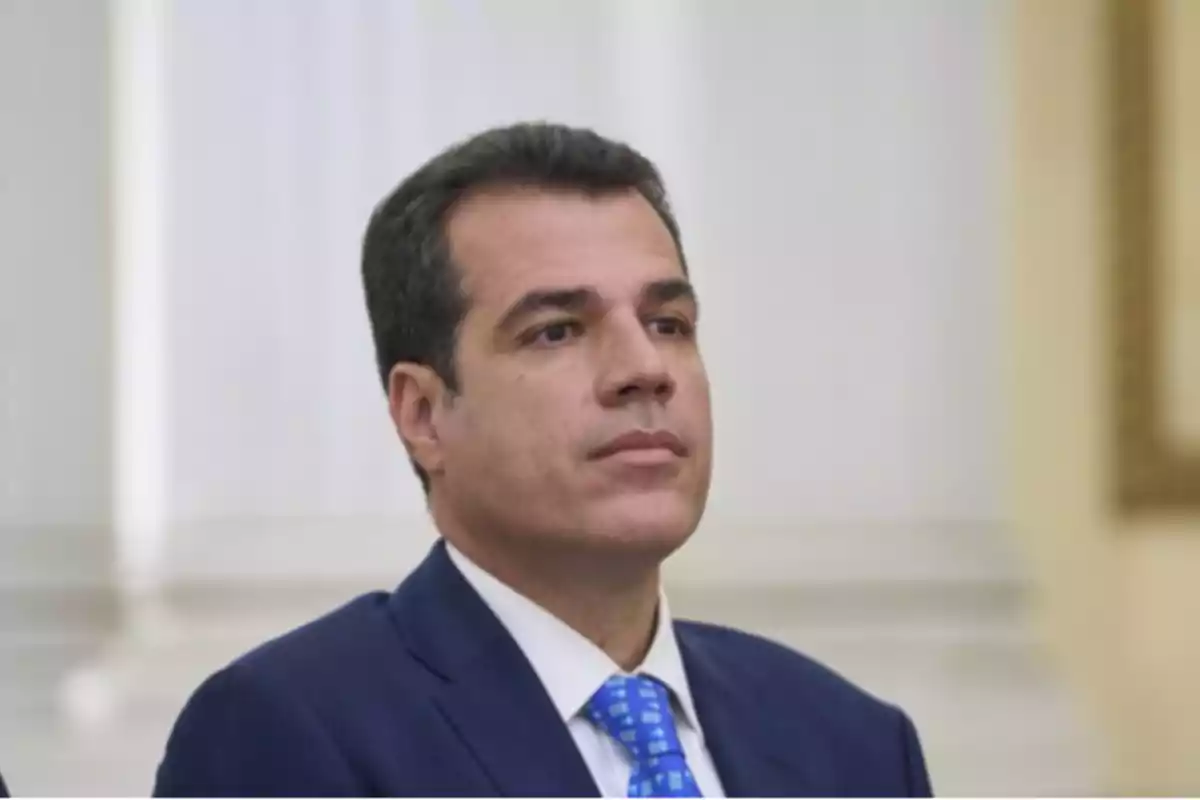
Greece is considering extending the ban on asylum applications for Africans
The Mediterranean country is analyzing the extension of the suspension of granting asylum applications to immigrants from North Africa
Greece's Minister of Migration, Thanos Plevris, announced that the temporary suspension of processing asylum applications for migrants coming from North Africa, specifically from Libya, could be extended if there is a new significant increase in migration flows to the country.
This measure was approved by the Greek parliament in July this year, establishing an interruption of at least three months in the reception of asylum applications from people arriving by sea from Libya.
The initiative is part of a center-right government strategy to curb the growing migration pressure on the island of Crete, which had experienced an increase in arrivals of irregular migrants.
After the implementation of the legislation on July 1, arrivals dropped drastically: from 2,642 migrants in the first week of July to only 900 in the entire period since then.

This decrease has been interpreted by the government as an indication that the measure is working as a deterrent. Nevertheless, Plevris warned in an interview with public broadcaster ERT that extending the suspension is not ruled out if a "new migration crisis" is triggered.
Meanwhile, the Greek government is preparing a new, stricter legal framework to address irregular immigration. According to Plevris, it will be established that any person who enters the country illegally and is not fleeing an armed conflict, which would entitle them to asylum, will face prison sentences of up to five years.
This stance reflects a tightening of Greek migration policy, which seeks to send a clear message that Greece and Europe will no longer tolerate illegal entries.

These actions have caused criticism from leftist human rights organizations, which accuse Greece of carrying out forced returns of migrants at its maritime and land borders.
In his public statement, Plevris defended the country's migration policy stating that "no country can have open borders" and that "Europe has exceeded its capacity" to receive irregular migrants. He stated that a firm message must be sent: countries have borders and these must be respected.
Within the framework of these measures, Greece has sent two frigates to patrol the waters off the coast of Libya, in an effort to curb departures from Libyan territory. Likewise, it has begun training members of Libya's coast guard in Crete, as part of a bilateral cooperation plan to control migration routes from North Africa to Europe.

It should be recalled that Greece was at the epicenter of the 2015-2016 migration crisis, when hundreds of thousands of people from the Middle East, Asia, and Africa entered Europe through its islands and mainland territory. Since the implementation of the Greek government's measures, flows have decreased considerably.
Although there has been a recent uptick in arrivals to islands such as Crete and Gavdos, data from the United Nations High Commissioner for Refugees (UNHCR) indicate that sea arrivals to Greece overall have fallen by 5.5% in the first half of 2025, totaling around 17,000 people.
More posts: